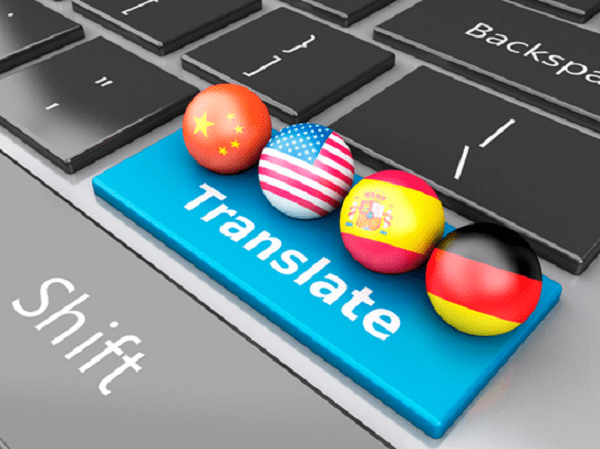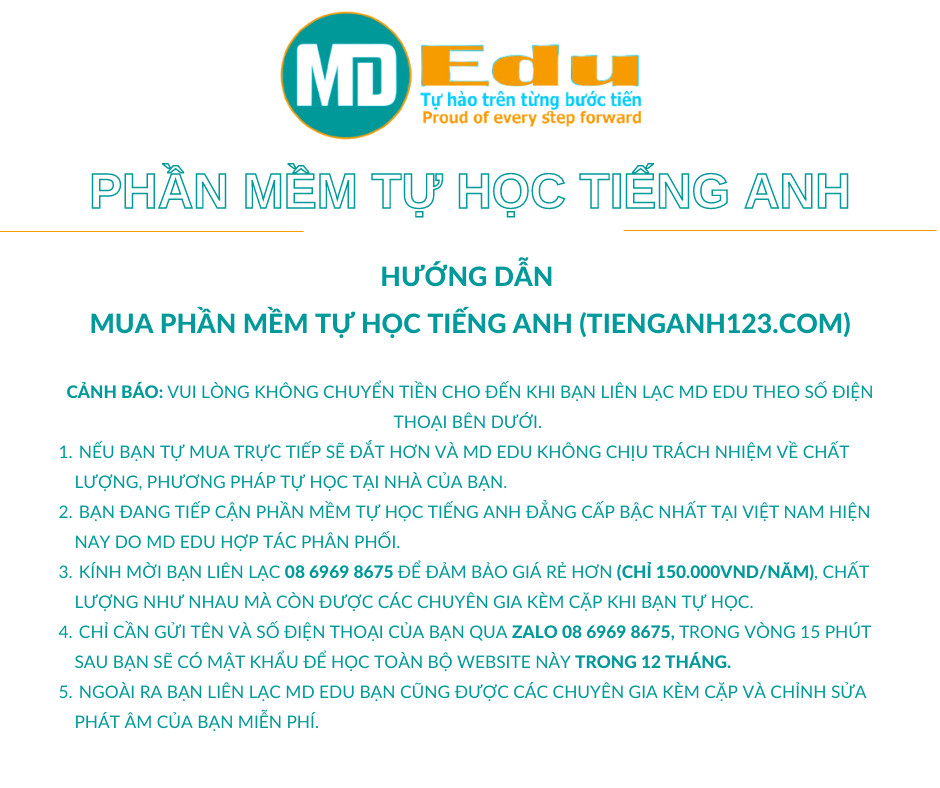Learn about the translation profession
Translation is simply understood as converting the language from a source document to a new text in another language, but still ensuring the similarity in meaning and exact content with the original text.
1. What is translation?
Translation is simply understood as converting the language from one source message into another but still ensuring that the message is similar in meaning.
2.What is the profession of translation, specifically?
It is the profession of translating and translating for customers to get translation fees. Translation is the translation of written or electronic documents. And translation is speaking. Interpretation is divided into cabin translation and sequential translation (also known as normal speech translation).
- Cabin interpretation is a type of interpretation where the interpreter sits in the cabin and translates simultaneously for a meeting taking place outside. The translator in the cabin wears a headset and is not privileged to stop waiting for the translation, but must translate simultaneously with the speaker at the event taking place outside the cabin.
- Sequential interpreting (normal spoken translation) is a type of interpreting where the speaker finishes speaking a sentence or paragraph and then stops waiting for the interpreter to finish translating before continuing.
Thus, translating the cabin is more difficult, more stressful due to simultaneous translation and chasing after the speaker of the event taking place outside. And of course, this is not simple and not everyone who is good at languages can do it. If you are unlucky, the cabin translator will meet someone who talks a lot, speaks quickly, and has a deep expertise it's quite stressful! But this is sometimes even luckier as sometimes the translator also encounters an extremely difficult English accent of people from countries where their English accent is heavily influenced by native language (very strange to Vietnamese).
- Document translation: That is, translating all kinds of documents, documents (on paper or electronic means). Translating documents is much easier than translating because translators have time to get help from knowledgeable people or look up difficult words.
- Notarized translation or stamped authentication mainly includes judicial and civil status papers with elements or purpose of going abroad (to support visa application) such as:
+ Marriage certificate, single certificate, birth certificate, household registration, real estate documents, domestic (or foreign) court judgments, certificates, Vietnamese degrees (need to translate into foreign language) ) or these papers are issued from abroad. For valid degrees, transcripts, certificates, you need to translate and notarize the available translation because it is also needed in the career development process.
+ Other documents such as website, capacity profile, economic contract, production process, explanation of drawings... if there is cooperation with foreign countries or to expand the market, enterprises need to hire an application. Professional translator, ready to be available when needed.

3. Do people who are good at English translate well?
Answer is not sure! People who are excellent at languages are sometimes not as good at translating as those who are less skilled, but have strong expertise in the field they are translating. Interpreting is a skill, which depends on the qualities of each person. In addition to reaching a certain language level, it also requires specialized knowledge and memory ability of the translator.
To understand this, try asking someone to say a piece of Vietnamese about 50-100 words, then say it again in Vietnamese, it will be easy to miss important ideas and words. That's the translation from Vietnamese to…Vietnamese!
4. Does the law stipulate translation prices? Have!
That is Circular No. 71/2018/TT-BTC, dated August 10, 2018 of the Ministry of Finance (Circular 71). However, this circular is not really a regulation on translation prices, but rather a regulation on the mode of payment for foreign guests. Therefore, the translation market may apply different prices depending on the complexity of the document, the translation content and the responsibility of the translator.
According to Circular 71, translation costs are applied as follows:
1. Translation expenses:
a) Translate one of the 6 official languages of the United Nations into Vietnamese (including: Arabic, Chinese, English, French, Russian and Spanish): 150,000 VND/page (350 words) ). So "page" means 350 words.
b) Translate Vietnamese into one of the 6 official languages of the United Nations: 180,000 VND/page.
c) For languages other than the official language of the United Nations, depending on the popularity of that language in the area of the agency or unit, the head of the agency or unit shall decide the level of translation fee to be paid. maximum 30% increase compared to the level of translation expenses at Points a and b, Clause 1 of this Article.
2. Spoken translation (interpreting)
a) Normal spoken translation: 250,000 VND/hour/person, equivalent to 2,000,000 VND/day/person working 8 hours;
b) Concurrent translation (simultaneous translation): 500,000 VND/hour/person, equivalent to 4,000,000 VND/day/person working 8 hours;
c) In special cases, organizing large-scale international conferences or bilateral conferences, negotiating and signing agreements, conventions, specialized conferences, receiving special guests or delegations Class A needs to hire interpreters with higher translation qualifications than those specified at Point b, Clause 2 of this Article in order to ensure the quality of the conference, the head of the agency or unit presiding over the conference shall decide on the level of translation fee. accordingly and must self-arrange within the budget estimates assigned by competent authorities for implementation;
d) In case an interpreter must be hired to receive a delegation of guests attending an international conference, depending on the specific case, the agency or unit in charge of organizing the conference shall decide on the payment of travel expenses. (if any), accommodation, and the interpreter's daily meal standards are equal to the welcome regime for members of foreign delegations.
3. The hiring of translators and interpreters in Clauses 1 and 2, Article 11 of this Circular shall be carried out when the agency or unit does not have a translator or interpreter who can satisfy the requirements.
In case the agencies and units employ their staff to participate in translation and interpretation work, they will be paid a maximum of 50% of the fee for translation and interpretation specified in Clauses 1 and 2 of this Article. 11 This Circular. The head of the agency or unit is responsible for deciding the specific expenditure level in each case and must be specified in the internal spending regulations of the agency or unit.

.png)
